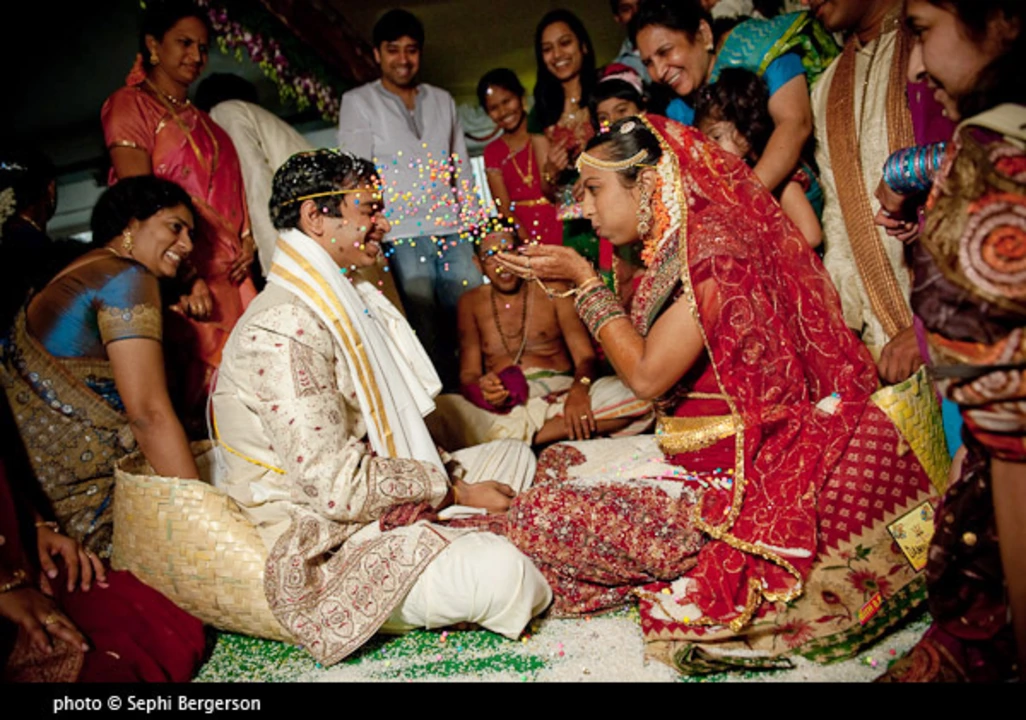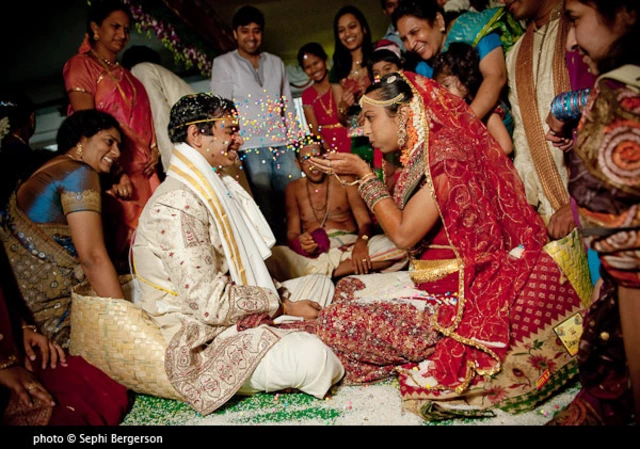Marriage: Practical Tips for Planning, Legal Steps, and Strong Relationships
Getting married soon? Feeling a mix of excitement and overwhelm is normal. Marriage isn’t just one big event — it’s a set of choices you make together. This page gives clear, usable advice to help you plan the wedding, sort the paperwork, and build habits that keep your relationship healthy.
Start by agreeing on the basics: what you both want from marriage, how to handle money, and how much family will be involved. These conversations feel awkward at first, but they save time and fights later. Keep them short, specific, and regular. For example, set a 30-minute chat to list top three priorities each of you wants for the first year.
Wedding planning is real work. Break it into small tasks and assign responsibilities. Who handles the venue, who tracks the budget, who sends invites? Use a shared note or a simple spreadsheet so nothing falls through the cracks. Pick one person to handle logistics on the day so the other two can actually enjoy the ceremony.
Quick pre-marriage checklist
- Talk about finances: bank accounts, debt, savings, and monthly budgets.
- Decide your living plans: will you move in together, keep separate spaces, or split time?
- Discuss children: timing, parenting styles, and key family values.
- Gather documents: IDs, proof of address, and any divorce or death certificates if applicable.
- Agree on wedding size and budget before booking vendors.
- Plan one premarital check-in: a calm, honest conversation about expectations and deal breakers.
If you want a smoother start, consider a short premarital counseling session. It’s practical, not dramatic. Counselors help with communication tools, conflict rules, and decision-making frameworks you can use for years.
Legal, financial and registration steps
Marriage laws and registrations vary by country and state, but a few steps are common: register the marriage with the local authority, get certified copies of the marriage certificate, and update IDs and bank details. If you’re changing your name, check the exact process early because it can take months.
On the financial side, decide whether to keep separate accounts, open a joint account for shared expenses, or do a mix of both. Put major financial goals in writing: buying a home, paying off loans, or saving for travel. Simple written goals reduce confusion and make monthly budgeting easier.
Family dynamics can be tricky. Set boundaries early and communicate them kindly but firmly. If in-laws are helpful without overstepping, accept the help. If not, explain your limits and stick to them. You don’t need to win every argument; pick the battles that matter.
Marriage is a series of small decisions, not a one-time victory. Keep checking in, share small wins, and fix problems early. If you treat the relationship like a team project with clear roles and regular check-ins, it stays manageable and often more fun. Ready to get started? Use the checklist above and make the first practical step today.

What percentage of Indians stay unmarried?
Indian marriage is a complex and intricate aspect of the culture. While the rate of marriage is high among Indians, there is still a significant percentage of Indians who remain unmarried. According to data, approximately 17% of Indians aged 25 and above are unmarried. This can be attributed to various factors, such as lack of financial stability, lack of compatible partners, personal preference, and cultural expectations. Although marriage is still a significant part of Indian society, those who remain unmarried enjoy a certain level of freedom and opportunity that married people often do not have. This percentage of unmarried Indians is sure to increase as the country continues to modernize and adopt new values and attitudes.
CONTINUE READING



